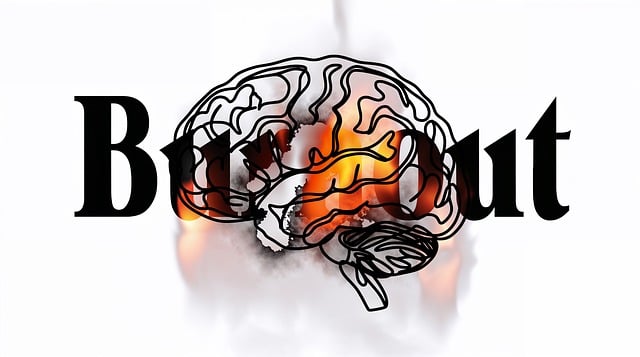Domestic violence, often hidden, requires immediate crisis intervention, education, and support. Therapy for Domestic Violence creates safe spaces, equips individuals with communication and resilience skills, and breaks abusive cycles. Post-crisis care addresses mental health, reduces stigma, and empowers victims through confidence-building activities, stress management, problem-solving, and connection to community resources, enabling them to challenge negative patterns and build a brighter future.
In the face of domestic violence, immediate and effective crisis intervention is crucial. This comprehensive guide provides essential strategies for navigating and supporting survivors. We explore key indicators and the profound impact of domestic violence, offering practical techniques for crisis intervention. From immediate support to post-crisis care and prevention, learn how to empower survivors and break abusive cycles. Discover the role of therapy for domestic violence in fostering healing and resilience.
- Understanding Domestic Violence: Recognizing Red Flags and Its Impact
- Crisis Intervention Techniques for Immediate Support
- Post-Crisis Care and Prevention Strategies to Break the Cycle
Understanding Domestic Violence: Recognizing Red Flags and Its Impact

Domestic violence is a complex issue that often goes unnoticed or unaddressed due to its pervasive and insidious nature. Recognizing red flags is crucial in identifying situations where an individual may be experiencing or witnessing abuse. These signs can include controlling behavior, such as isolation from friends and family, constant criticism, or restrictions on personal freedoms. Physical violence, emotional manipulation, and psychological control are all indicators of a potentially dangerous dynamic. The impact of domestic violence extends far beyond the immediate victim; it affects entire families and communities, often leading to long-term mental health issues.
Therapy for Domestic Violence plays a vital role in Crisis Intervention Guidance by providing a safe space for individuals to process their experiences. Mental Health Education Programs Design can empower at-risk individuals with knowledge about healthy relationships and communication skills. Additionally, Social Skills Training helps victims regain a sense of control and build resilience against abusive behaviors. By addressing these issues proactively, communities can break free from the cycle of violence, fostering healthier and safer environments for all.
Crisis Intervention Techniques for Immediate Support

In moments of crisis, whether it’s a sudden loss, an accident, or incidents of domestic violence, immediate support is paramount. Crisis intervention techniques are designed to provide relief and stability during such challenging times. One effective approach is active listening, where professionals focus on understanding the individual’s experience without judgment, fostering a sense of safety and trust. This technique encourages clients to verbalize their feelings, thoughts, and fears, allowing for better assessment and tailored support.
Additionally, Mental Wellness Coaching Programs Development emphasizes practical strategies to enhance emotional resilience. These programs often incorporate techniques from Emotional Healing Processes, such as cognitive-behavioral therapy, mindfulness exercises, and stress management skills. By combining these interventions, professionals can address the immediate crisis while laying the foundation for long-term mental health through tailored Mental Health Education Programs Design.
Post-Crisis Care and Prevention Strategies to Break the Cycle

Post-crisis care is a vital component of breaking the cycle of trauma and preventing future incidents. Following an immediate intervention, individuals often require ongoing support to process their experiences and develop effective coping strategies. Therapy for domestic violence victims, in particular, should focus on addressing underlying issues such as mental illness stigma reduction efforts, which can impede recovery. By providing a safe space for expression and education, professionals can help clients challenge negative beliefs and build resilience.
Incorporating confidence-boosting activities and the development of coping skills is essential to empower individuals and reduce their vulnerability. This may include teaching stress management techniques, problem-solving strategies, and healthy communication skills. Additionally, connecting victims with support groups or community resources can foster a sense of belonging and provide long-term prevention tools. These comprehensive post-crisis care strategies aim to not only heal but also equip individuals with the means to break free from destructive patterns and build a brighter future.
In addressing domestic violence, a multi-faceted approach is crucial. By understanding the signs and impacts of this issue, implementing immediate crisis intervention techniques, and providing post-crisis care, we can offer vital support to victims and work towards breaking the cycle through effective therapy for domestic violence. These strategies collectively foster a safer and more supportive environment, empowering individuals to move beyond traumatic experiences.












